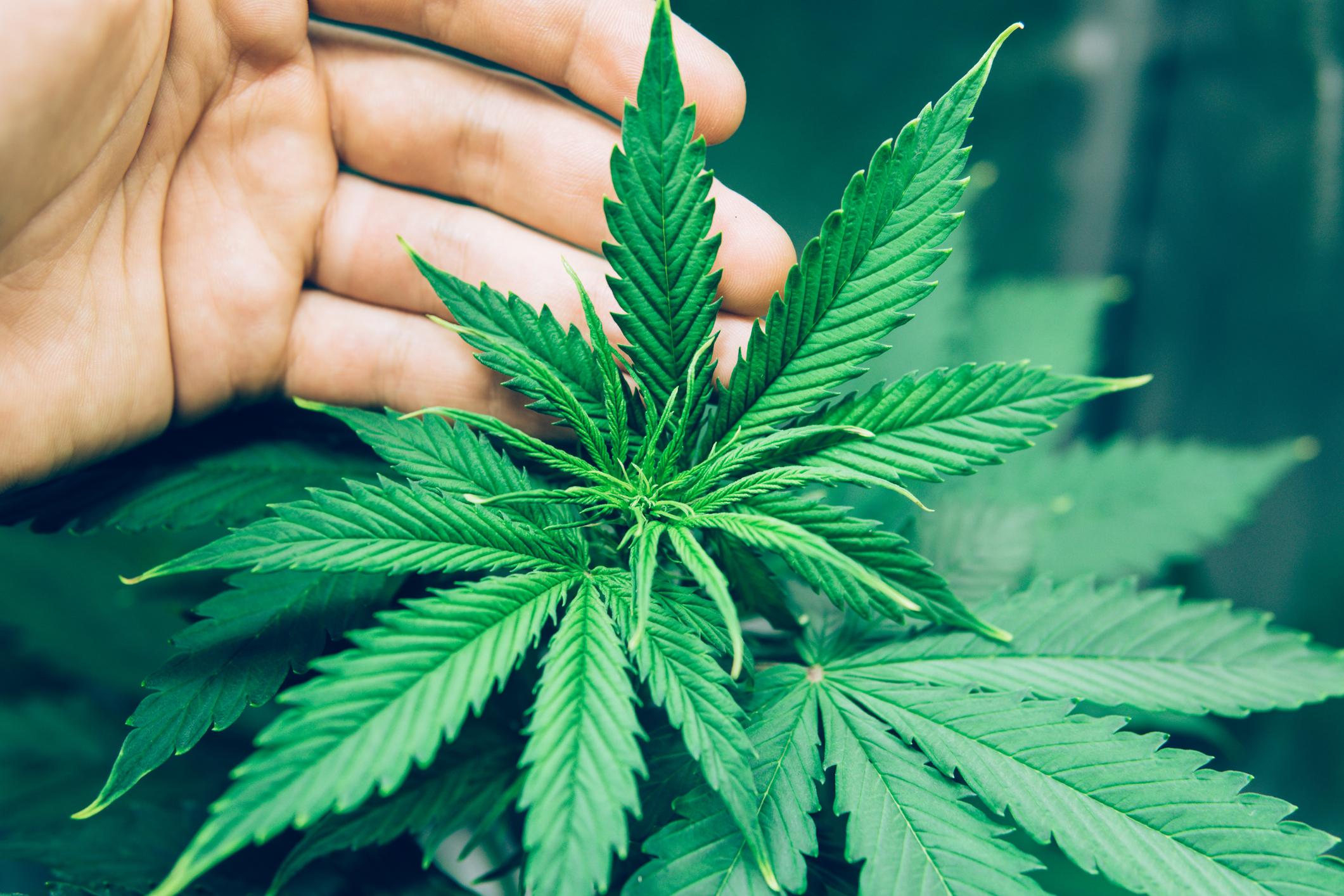Smoking cannabis during pregnancy could increase the risk of opioid addiction in the unborn child.

- Around 900,000 people use cannabis daily in France.
- Prenatal exposure to tetrahydrocannabinol (THC), the main psychoactive ingredient in cannabis, increases the risk of opioid addiction in the unborn child.
- Smoking cannabis during pregnancy can also increase the risk of prematurity and intrauterine growth retardation.
Several countries have legalized cannabis for recreational use. This is particularly the case for Canada and Germany. However, prenatal exposure to tetrahydrocannabinol (THC), the main psychoactive ingredient in cannabis, may increase the risk of opioid addictions later in life, according to a study published in Science Advances.
Cannabis and pregnancy: increased risk of opioid dependence in children
To reach this conclusion, researchers at the University of Maryland (United States) exposed animals to a moderately low dose of THC, which corresponded to the equivalent of one or two joints per day for a pregnant woman. .
Scientists observed that THC caused fetal brain remodeling. This psychoactive caused an overactive response in certain brain cells, called dopamine neurons, leading to an increase in the release of dopamine. The subjects then developed changes in the functioning of their reward system.
These animals previously exposed to THC in utero showed significantly increased motivation to press a lever that would deliver them a dose of opioid medication, compared to those not previously exposed to THC. “These observations confirm the hypothesis of a hypersensitive system that develops in the brain after exposure to THC during prenatal development (…) It is interesting to note that this opioid-seeking phenotype manifests itself much more in males than females.explained Joseph Cheer, PhD, corresponding author of the study and professor of neurobiology and psychiatry at the University of Maryland School of Medicine.
The risks of THC on fetal development
Nearly 900,000 regular cannabis users are recorded in France. Like smoking, it can be difficult to quit during pregnancy. However, THC from cannabis passes into the placenta as well as in breast milk. Regular consumption of cannabis can therefore have consequences on the health of the fetus (prematurity, intrauterine growth retardation, attention deficit, etc.).
If you have difficulty stopping your consumption, you can talk to your doctor or midwife, who will be able to refer you to treatment. structures and associations specializing in addictions.















